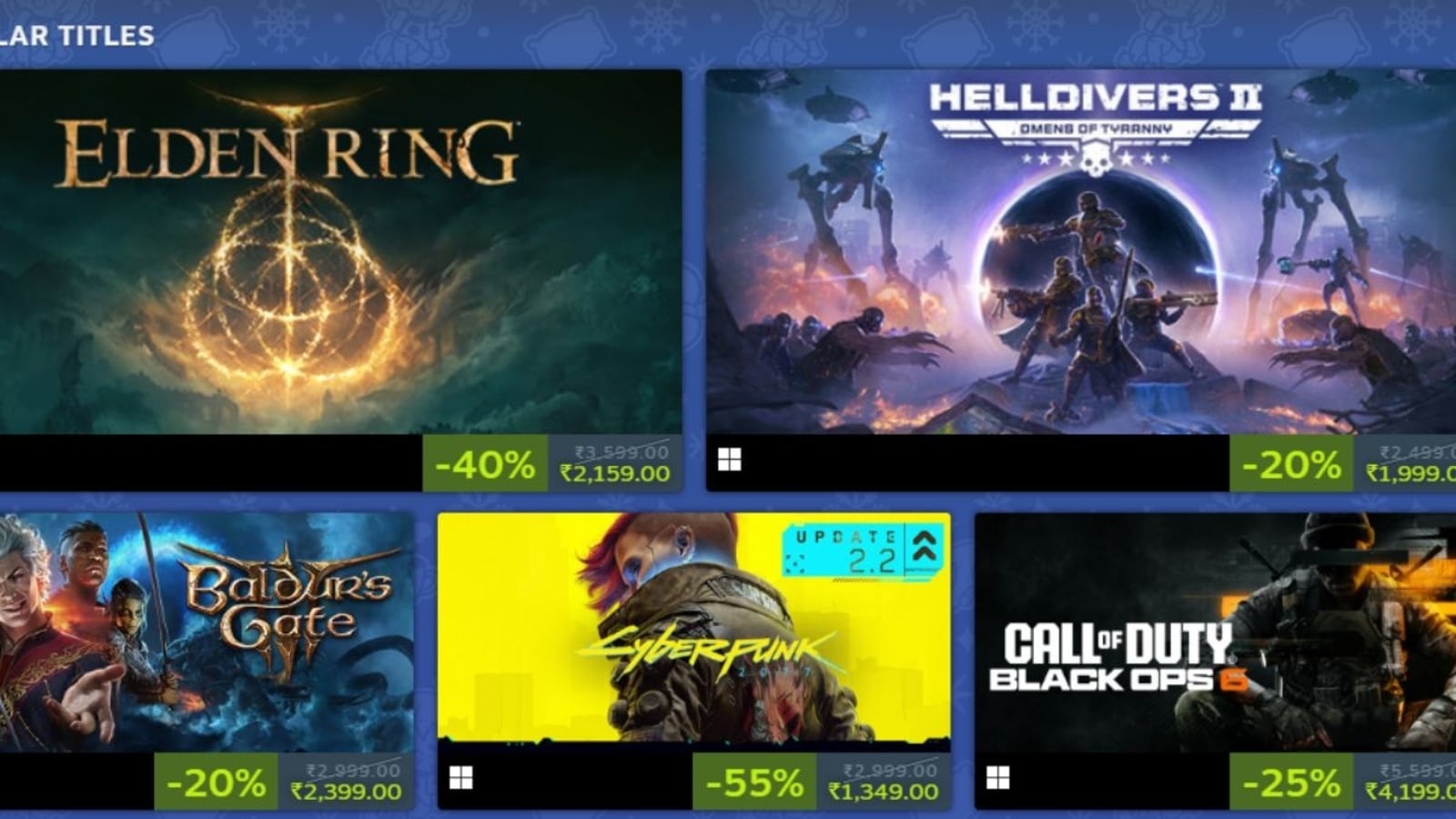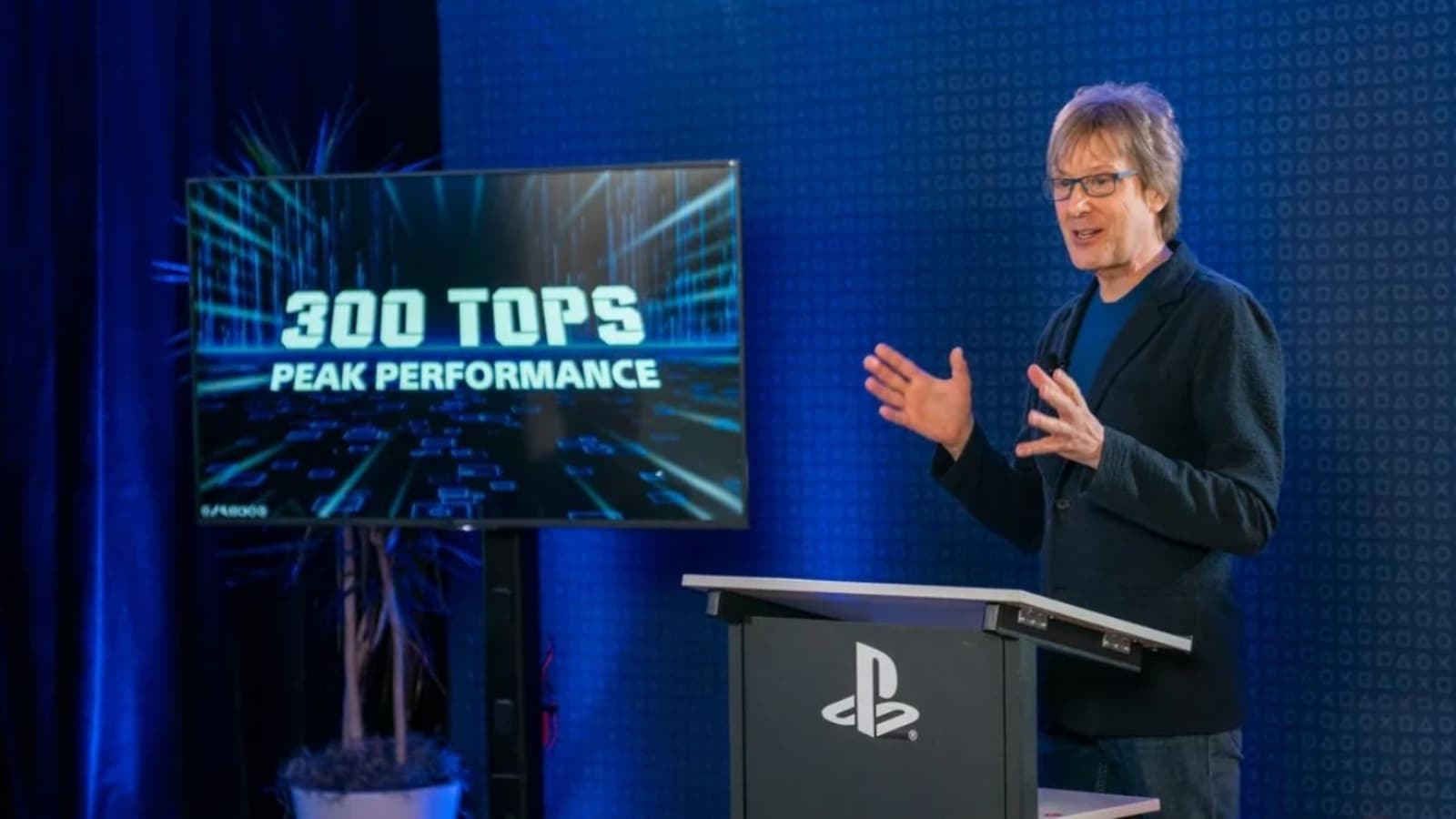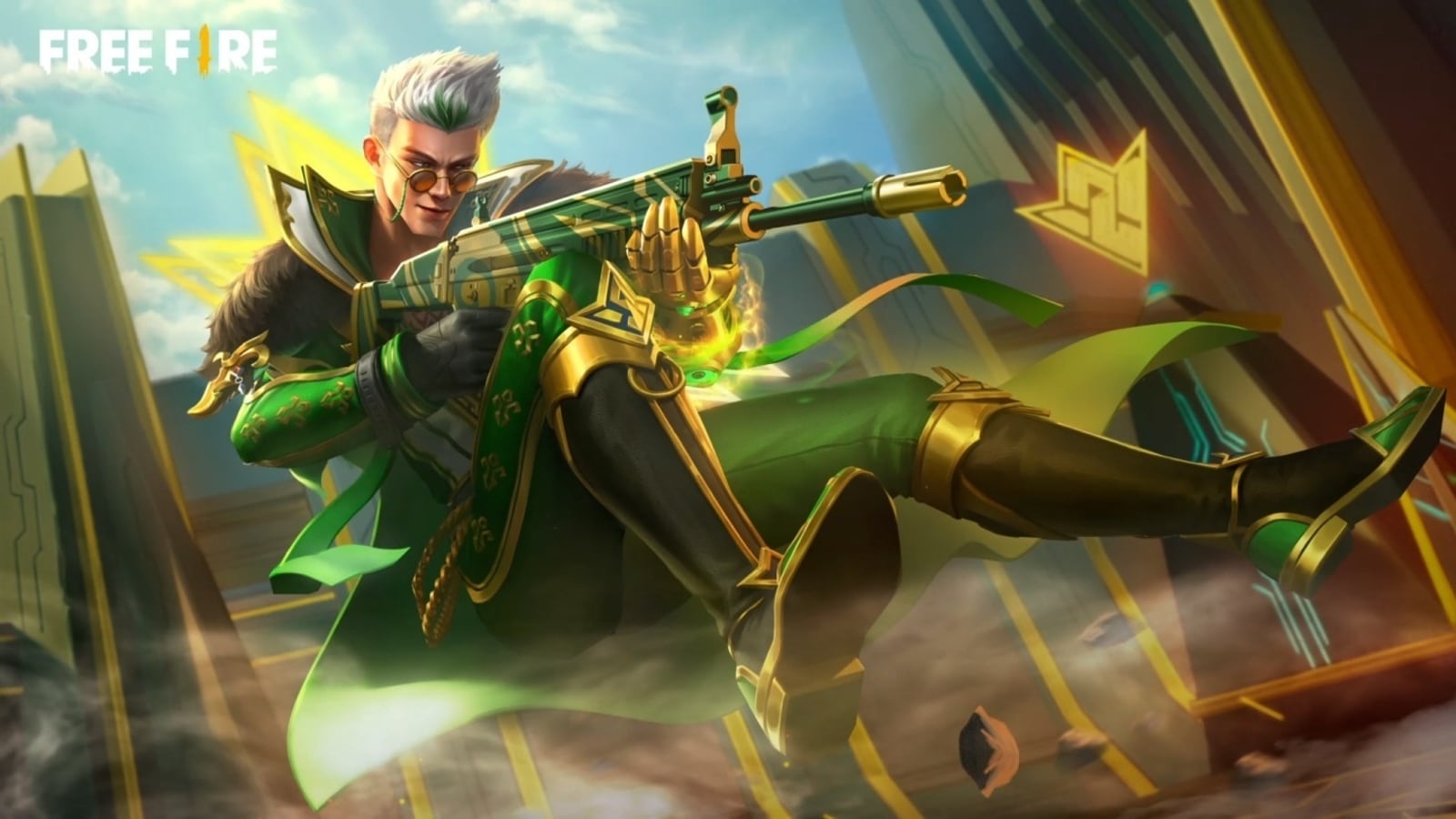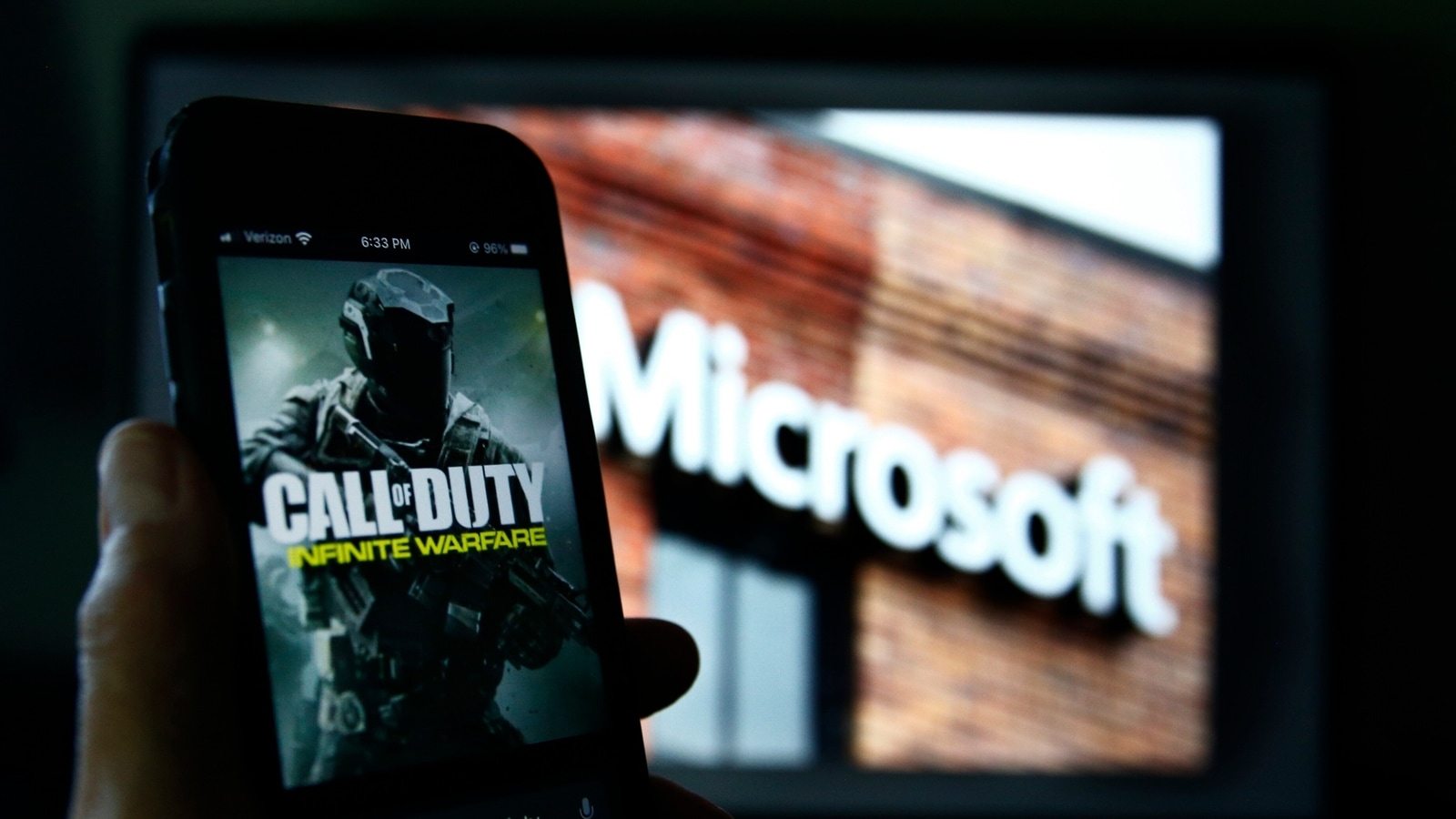British regulators on Friday dropped their objections to Microsoft’s attempt to buy video game firm Activision Blizzard, the maker of “Call of Duty”, paving the way for the US tech titan to close one of the biggest technology acquisitions ever.
Microsoft launched its blockbuster $69-billion takeover in January last year, an acquisition that would make it the world’s third-largest gaming company by revenue, but it faced stiff scrutiny from US regulators and the UK’s Competition and Markets Authority.
The CMA blocked the deal in April over fears it would damage competition in the fast-growing cloud gaming sector, where games are bought virtually and players can use a variety of devices rather than just consoles.
Microsoft eventually submitted a new bid that the CMA said in a statement on Friday had made important changes and “opens the door to the deal being cleared”, adding that it would consult on the “remedies” before making a final decision.
Both the companies involved in the deal praised the CMA’s change of heart.
Microsoft vice chairman and president Brad Smith, who had labelled the initial rejection in April as “probably the darkest day” of the firm’s time in the UK, called Friday’s statement a “positive development”.
He saidMicrosoft would aim to get approval to close the deal by October 18.
Activision Blizzard CEO Bobby Kotick, whose company also makes the popular games “Diablo” and “Candy Crush”, said the UK regulator’s announcement was “a significant milestone for the merger”.
Analysts said the takeover now looked like a shoo-in and all sides were able to claim victory — the regulator showed its teeth and forced a concession and the firms got their deal over the line.
If the deal goes through, Microsoft will muscle in to form a “big three” in the sector — just behind China’s Tencent and Japan’s Sony.
Microsoft, which makes the Xbox console and already has a stable of games under its belt including “Minecraft”, “Elder Scrolls” and “Fallout”, is already the dominant player in the cloud-gaming world — its Game Pass service claims 25 million subscribers.
The original deal would have seen hugely popular Activision games including “Call of Duty”, “Overwatch” and “World of Warcraft” added to its cloud roster, which was too much for the UK regulator to stomach.
Under the new deal, Microsoft has agreed it would not take control of the cloud portion of Activision’s business, which will be transferred to French studio Ubisoft for 15 years.
CMA chief executive Sarah Cardell said Microsoft had taken the “necessary steps” but she added it would have been “far better” if the firm had made the proposal during the initial investigation.
“This case illustrates the costs, uncertainty and delay that parties can incur if a credible and effective remedy option exists but is not put on the table at the right time,” she said.
Aside from the concerns over cloud gaming, regulators had also worried that the initial deal would have allowed Microsoft to make Activision’s games exclusive to its Xbox.
Microsoft and Sony, which had previously tried to block the Activision deal, agreed in July to keep releasing “Call of Duty” on the PlayStation.
The European Union cleared the deal in May while the US antitrust regulator recently paused its attempt to block the buyout following a setback in court.
Sophie Lund-Yates, lead equity analyst at Hargreaves Lansdown, said the essential building blocks of the deal remained in place, making it a win for Microsoft.
“The small scale of the cloud components means the assets being taken over are still of real value to Microsoft,” she told AFP.
Sorrel Beynon of FTI Consulting added that both sides would feel they “achieved the desired outcome”.






















